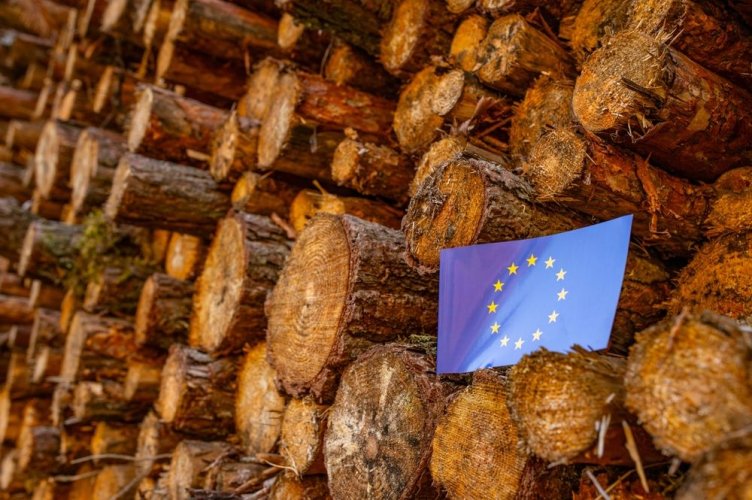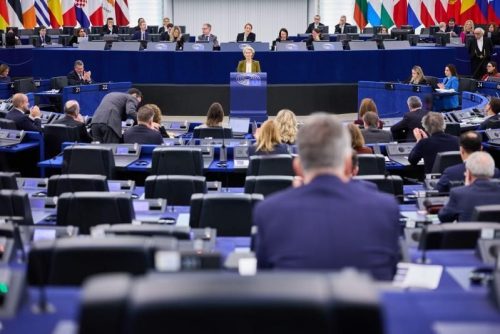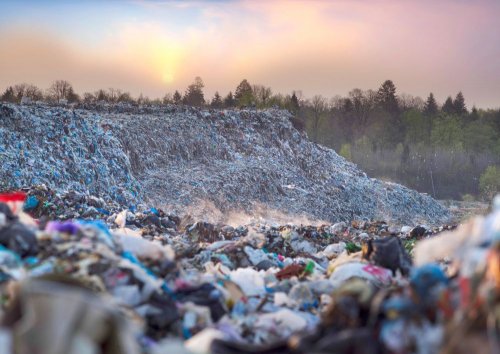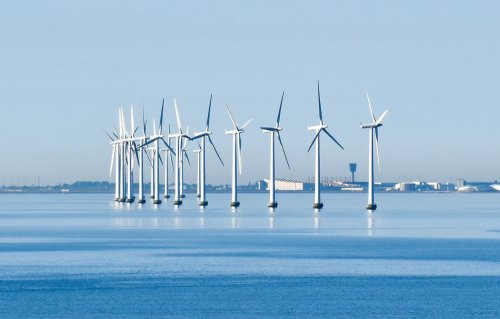The European Union has postponed the implementation of the Timber Regulation for the second time due to the unpreparedness of IT systems and businesses.
This was reported by the European Commission on its official website.
The official reason for postponing the implementation of the Deforestation Regulation is the complexity and risks of implementing the IT system, through which companies must submit large amounts of data in their reports. This could create an excessive burden on businesses and threaten trade disruptions.
The Regulation on combating deforestation (EUDR) remains one of the EU's key tools for reducing global deforestation, but its implementation has been postponed for about a year.
Over the next year, the European Commission plans to work with the EU Council, the European Parliament, and national governments to simplify the regulation and make it more realistic to implement.
The EU emphasizes that this delay does not mean abandoning the fight against deforestation — the strategic goal remains unchanged.
The EU also stresses the need for international dialogue: consultations are ongoing not only with EU member states but also with supplier countries such as Indonesia, Malaysia, and Japan.
The European Commission acknowledges that the current readiness of businesses for the electronic system is insufficient and that information risks require additional time for analysis and correction.
According to the World Wildlife Fund (WWF), the Commission has likely succumbed to political pressure from conservative forces, national governments, and even the US and other countries that consider the EUDR rules too strict or “inconvenient for business.”
“We should expect more from our leaders than excuses like ‘the dog ate my homework’! We call on the Commission to step up its efforts and investments to launch this system by the end of the year, rather than proposing yet another postponement of this important law and giving in to political pressure,” the WWF added.
We remind EcoPolitics readers that in December 2024, the European Parliament and the Council agreed to postpone the implementation of the EU Regulation on deforestation.
The European Parliament and the Council accepted the European Commission's proposal to grant an additional 12-month period for the implementation of the EU Deforestation Regulation (EUDR).





